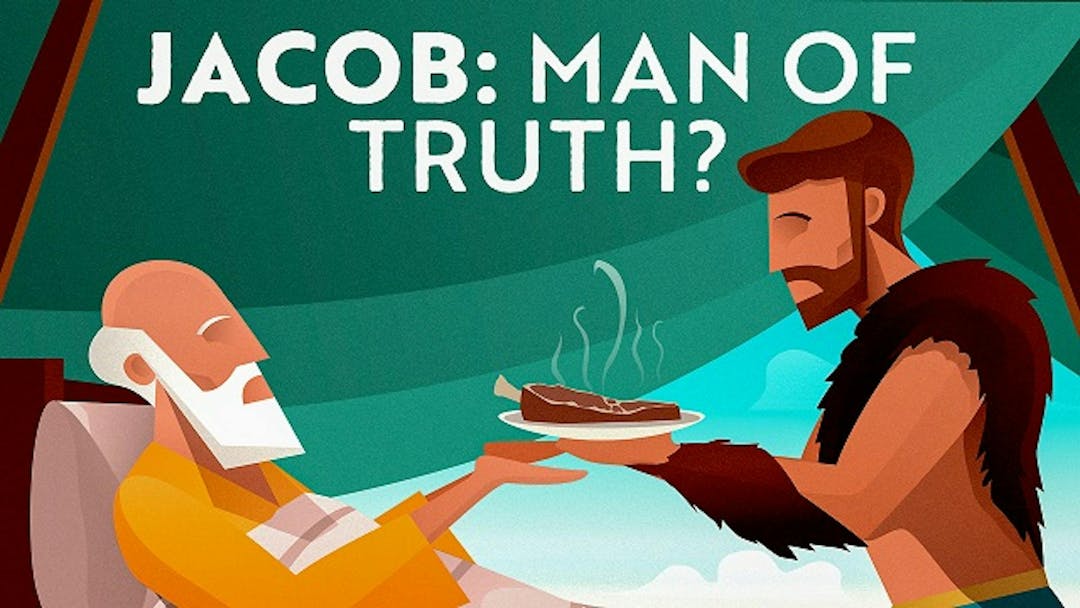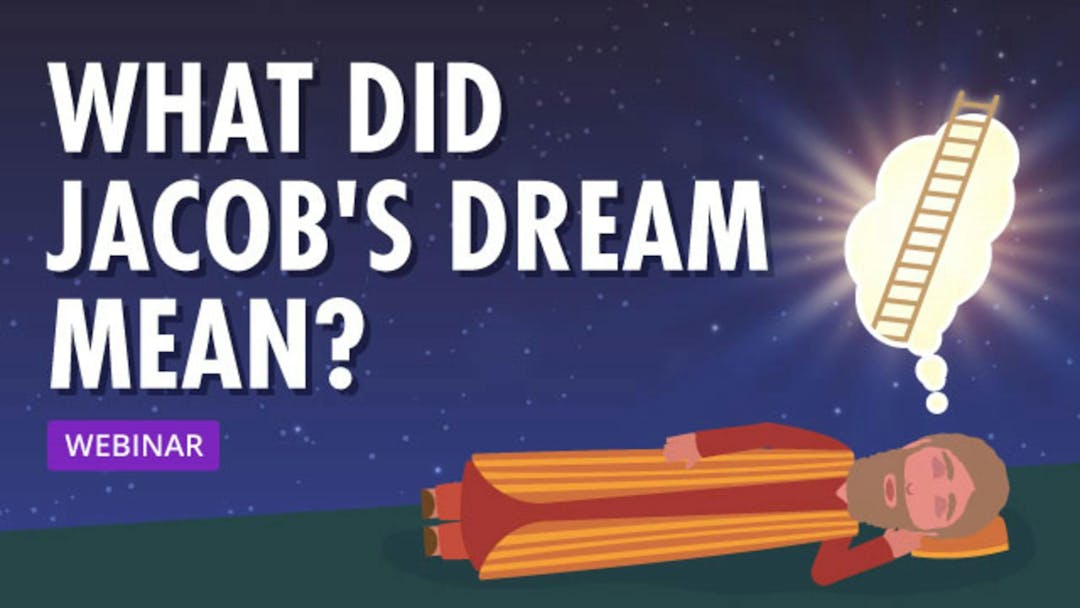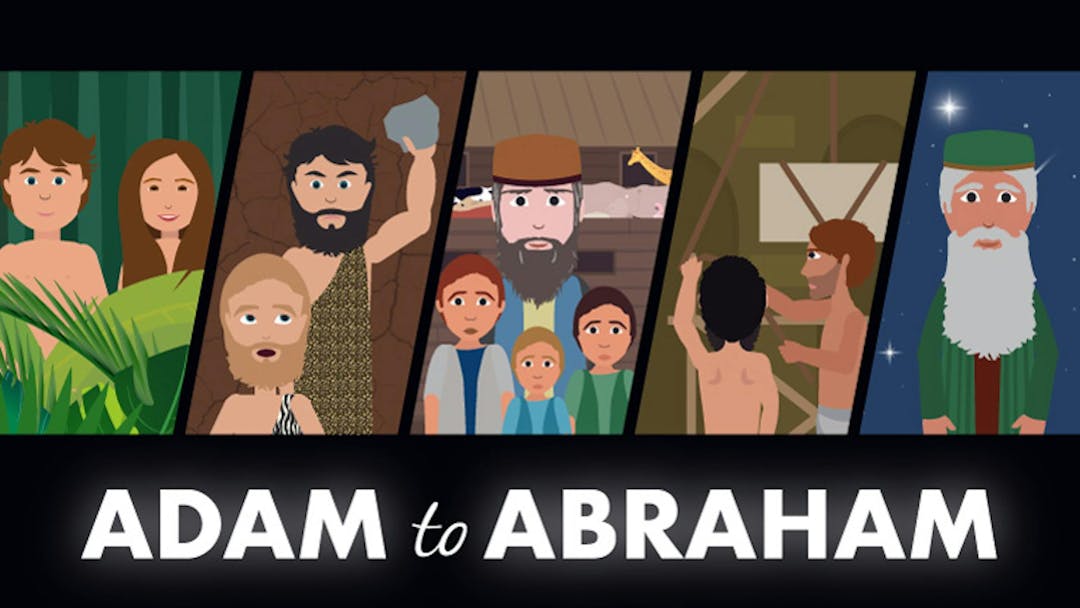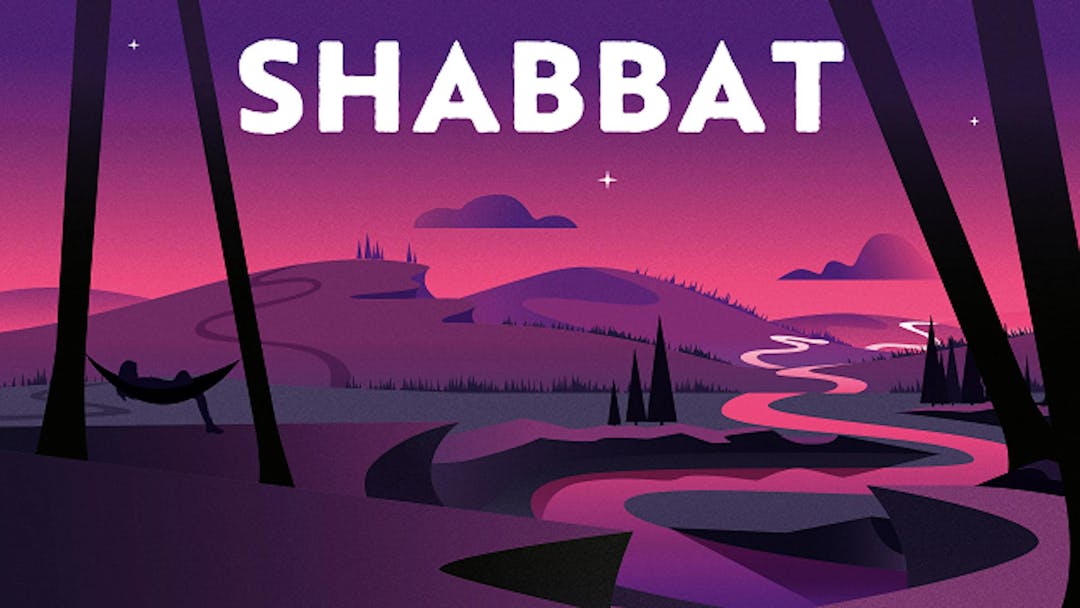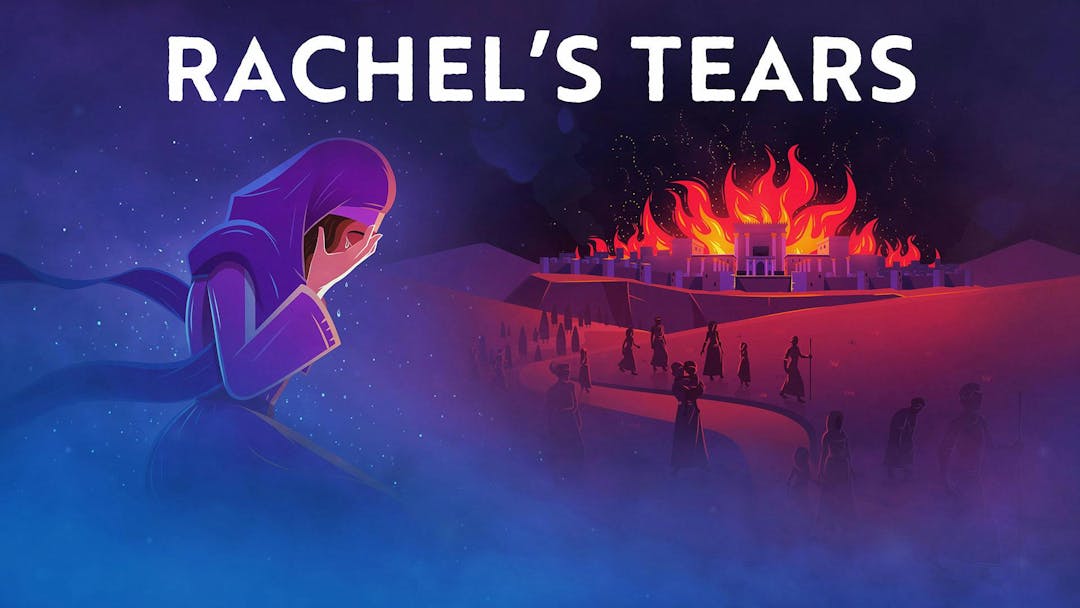Become a premium member today to unlock the full library with unlimited and uninterrupted access
Get StartedLecture I (Part 1 of 8)
Abraham's Journey 2
Lecture I
Abraham's Journey 2 is the third of four sets of lecture series that span the entire book of Genesis! Be sure to listen to it all! The first two set of lectures are found in the series titled: A Brief History Of The World: From Adam To Abraham and Abraham's Journey 1. The following lecture series is Jacob: Man of Truth?
Want to watch the full video for free?
Enter your email and we’ll send you a link to watch the full series free.
What is Aleph Beta?
Aleph Beta is a unique kind of Torah library. Led by our founder, Rabbi David Fohrman, we are dedicated to high-level, textual Torah learning for adults that is intellectually and spiritually sophisticated, that enlivens your Jewish practice and helps you forge a deeper connection to God. Whether you’ve been learning in yeshiva for years or you’re just beginning your Torah journey, you’re sure to find something meaningful and surprising waiting for you here.
Browse our library of over 1,000 beautifully produced animated videos, podcasts, deep dive courses, and printable guides. Topics include the weekly parsha, Jewish holidays & fast days, laws & mitzvot, prayers, relationships, big philosophical ideas and more. Have something to say at the Shabbos table that will amaze your family and guests and bring deep meaning into their lives.
